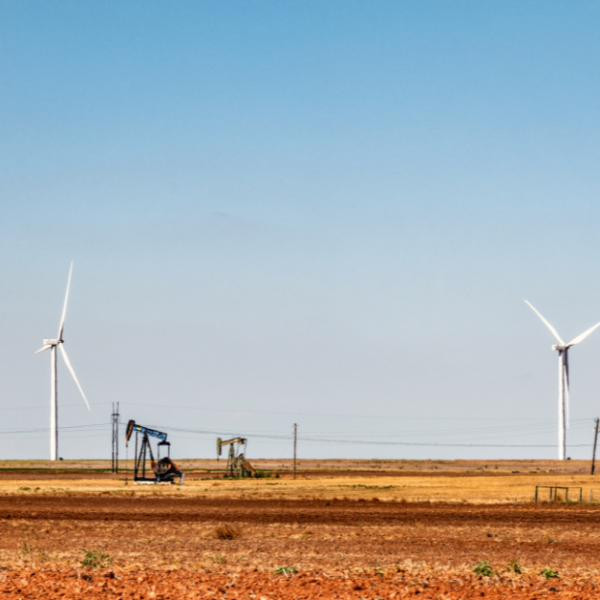Texas is well-positioned to sustain and solidify its role as an energy capital of the world by adopting smart policies that support the growth of emerging technologies and innovation.
By extending Texas’ 20th century framework of policies and practices, which has provided important regulatory certainty to the state’s oil and gas industry for close to a century, to reflect 21st century needs, the state can support continued energy development. Texas can continue to be creative in expanding the state’s energy base — including new and alternative energy — in ways that build a brighter future for all Texans.
Combined, these recommendations aim to support Texas’ efforts to organize for success and ensure Texas remains a leading energy producer for centuries to come.
Key takeaways
Texas needs to pursue an all-of-the-above strategy as part of its energy expansion.
This approach to energy security, jobs, sustainability and economic benefits includes robust oil and gas production along with the development and deployment of:
- Hydrogen
- Geothermal
- Battery storage
- Carbon capture and underground storage
- Expanded nuclear and renewable energy portfolio
What the data says about energy in Texas
72%
Percentage of Texans want the state to remain as the nation’s energy leader in the adoption of new technologies of cleaner forms of energy, according to the February 2022 Texas Voter Poll.

2.5x
Texas produced roughly 2.5 times more energy than any other state in 2020. The state also accounted for almost 26 % of the nation’s wind-powered electricity generation, leading the nation in wind energy for the past 15 years, according to Comptroller’s Office. The solar energy industry in Texas has also grown significantly in recent years and is now a national leader in the sector.
60%
Texas has more than three-fifths of the nation’s existing hydrogen pipelines.
30%
Texas holds roughly 30% of the world’s existing hydrogen pipelines.
Hydrogen as low-carbon fuel
Hydrogen is fast becoming a promising, less emissions-intensive energy source. Hydrogen is proven as a stored energy carrier, fuel for transportation, and as a feedstock to produce ammonia.
And Texas’ robust port infrastructure positions the state as a leading hydrogen exporter. In addition, innovations in hydrogen-powered long-haul trucking and the use of liquefied hydrogen in aerospace rocket fuel create opportunities for future industry growth.
An energy expansion roadmap for Texas should include the following reforms:
An “all of the above” expansion strategy
State policy needs to focus on promoting new and emerging clean energy sources. Energy expansion will play a critical role in Texas’ economic growth — in terms of GDP and job growth — in the coming decades. State policies adopted for a specific sector, such as renewables or hydrogen, should not work to the detriment of the success of other sectors.
Leveraging federal funds
The federal Infrastructure Investment and Jobs Act of 2021 authorizes billions for the creation of regional clean hydrogen and carbon capture demonstration hubs across the nation. To apply for these hub projects authorized under this law, the state must have a clear policy framework relating to hydrogen and carbon capture and storage.
Regulatory and jurisdictional clarity
Texas 2036 will support efforts to provide regulatory and jurisdictional clarity and the use of federal funds as incentives for hydrogen and carbon capture and storage, among other strategies.
Texas Hydrogen Policy Council
The state should establish a Texas Hydrogen Policy Council to study the development of the hydrogen industry in Texas, monitor regional applications for clean hydrogen hubs authorized under the IIJA and develop recommendations regarding the oversight and regulation of hydrogen.
Carbon capture
Carbon capture represents an integral component of Texas’ energy expansion. Just as oil and gas will continue to play an important role in our state’s economy and nation’s security, our state policy should encourage the expansion of the state’s portfolio to include technologies and industry segments that both generate more power and reduce emissions.





